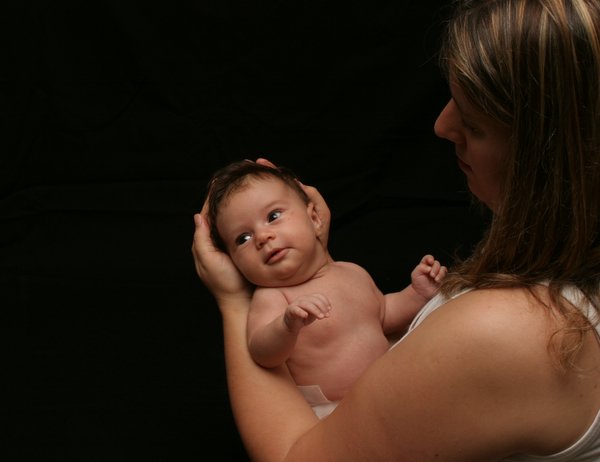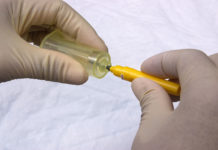
Exposure to malaria before birth alters babies’ immune response
Babies exposed to malaria in the womb could be more susceptible to the disease in early life.
Prenatal exposure to malaria considerably alters the newborn’s innate immune response (i.e. its first line of defence). This is what a study led by ISGlobal – an institution supported by “la Caixa” Foundation-, the Clinical Research Unit of Nanoro (CRUN) and the Institute of Tropical Medicine Antwerp (ITM), found.
The susceptibility is more when the placenta has been infected. The results, published in BMC Medicine, could help explain why some babies are more susceptible to malaria than others during their first year of life. Malaria is endemic in many parts of India yet there are suspicions that the entire burden of the disease is not documented.
“A strategy to screen and treat malaria should be implemented as early as possible in the first trimester.”
Till August 2018, 218220 cases have been reported in the country and 23 deaths, according to data from the National Vector Borne Disease Control Programme.
Despite the large-scale implementation of intermittent preventive treatment (IPTp) to avoid malaria during pregnancy, a great number of babies in endemic countries are born to mothers with infection by Plasmodium falciparum.
The type of prenatal exposure to malaria (whether the infection is systemic or in the placenta) is believed to affect the risk of developing disease in the first years of life, although the mechanisms are poorly understood.
In this study, the research team evaluated whether prenatal exposure to malaria could lead to changes in the so-called innate immune response. The innate immune response does not involve antibodies and represents the new-borns’ first line of defence against malaria.
The researchers determined the type of prenatal exposure (i.e. systemic infection versus acute, chronic or past placental infection) in a cohort with over 300 mothers and their babies that had participated in a clinical trial in Burkina Faso.
“The different effect on the newborn’s immune response depending on the type of exposure may explain why some babies are more susceptible than others to developing malaria,” explains Carlota Dobaño, ISGlobal researcher and co-director of the study together with Anna Rosanas-Urgell, from ITM. “This may also have implications regarding how these babies respond to other infections or to vaccines that contain adjuvants”, she adds.
Given that past placental malaria, which potentially occurs early during pregnancy, has a profound effect on the newborn’s immune response, the authors conclude “a strategy to screen and treat malaria should be implemented as early as possible in the first trimester.”













